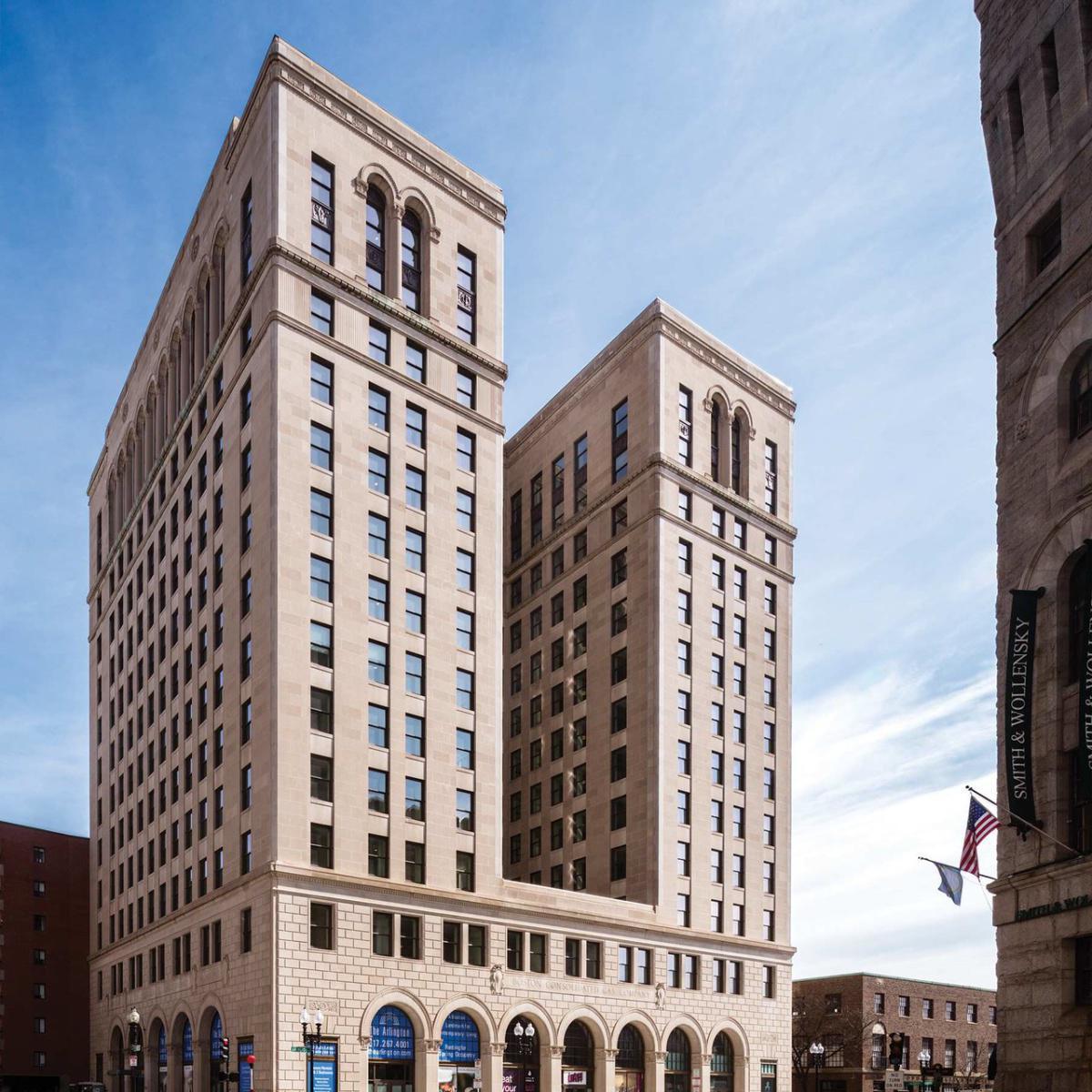The pandemic has left many downtown office districts across the U.S. struggling with high vacancy rates. Boston, like many other cities, is grappling with this challenge and is proactively seeking solutions to revitalize its downtown and address the pressing need for more housing. The city has unveiled a plan that incentivizes the conversion of underutilized office buildings into residential units through an attractive tax incentive program. This initiative aims to breathe new life into the downtown area by attracting more residents and creating a vibrant mixed-use environment.
The centerpiece of this revitalization strategy is a substantial tax break for developers and property owners who choose to convert their office buildings into residential properties. The tax rate for converted buildings would shift from the higher fiscal year 2024 commercial rate ($25.27 per $1,000 of assessed value) to the lower residential rate ($10.90 per $1,000 of assessed value). In addition to this base reduction, the city is offering a further discount of up to 75% on the residential tax rate for a period spanning 29 years. The financial implications of this tax break are substantial, making conversion projects significantly more attractive from an investment perspective.
The city has also included provisions to ensure that these conversions benefit the broader community. To qualify for the tax incentives, converted buildings must designate at least 20% of the new residential units as affordable housing, addressing the city's pressing need for affordable housing options. Furthermore, the buildings are required to meet energy efficiency standards, promoting sustainable development practices. The city also encourages the preservation of first-floor spaces for retail or other public uses, contributing to a vibrant and active streetscape.
Similar to Cleveland's successful approach, Boston is focusing on converting older office buildings that are easier to adapt for residential use. The city is also prioritizing projects in the downtown core, where zoning regulations already permit such conversions. This strategic approach aims to create a concentrated hub of activity and revitalization.
In essence, Boston's tax incentive strategy is a powerful tool designed to stimulate the conversion of underutilized office spaces into much-needed housing while also promoting affordability, sustainability, and a thriving downtown environment. While Boston's initiative is still in its early stages, it holds great promise for transforming the city's downtown and addressing the housing shortage.
While Boston’s initiative is still in its early stages, it holds great promise for transforming the city’s downtown and addressing the housing shortage. However, similar to cities like Cleveland, Boston has been engaged in adaptive reuse for quite some time. Both cities have successfully converted underutilized office buildings into residential spaces, with Boston's efforts dating back well before the pandemic. The current program builds on this solid foundation, further enhancing its approach to revitalizing older structures. As the initiative progresses, it will be interesting to see its impact on Boston’s urban landscape and how the experiences of both Boston and Cleveland can offer valuable insights for other cities facing similar challenges.


